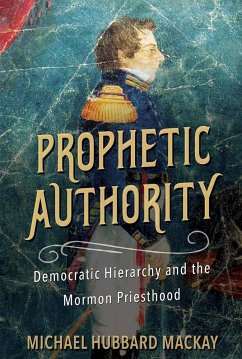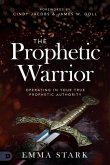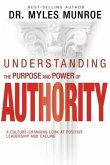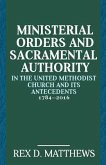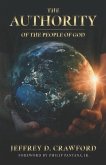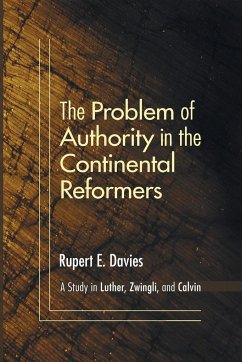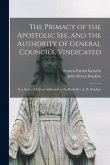"Religious authority has long been a central concern for religious traditions. This is especially the case for the Church of Jesus Christ of Latter-day Saints. Indeed, the Mormon tradition's emphasis on prophetic authority makes them unique within American religious culture. This book will trace the contours of Mormonism's unique claim to religious authority, and what such a claim can tells us about the surrounding context from which it emerged. Though most Americans ideologically opposed the idea of monarchy and politically equated it with tyranny and suppression, religion created a space in which individuals could build a kingdom of God and one could worship a divine king. Mormonism can be thus aligned with American's post-Revolutionary "nostalgia for monarchy," framing its development within the concept of American religious authority that was being shaped by the symbiotic relationship of American religion and cultural authority. The religion Joseph Smith created not only established a kingdom of God, it positioned him as the authoritative voice of Christ on earth, successfully shaping an independent religious authority in which the voice of the prophet formed cities, established economies, and arranged governance. Prophetic Authority examines the origins of the LDS priesthood and its relationship to Joseph Smith's notions of religious authority, and specifically investigates the evolution of the concept of prophetic authority. MacKay argues that the ecstatic element of Smith's experiences, which eventually becomes a central part of Smith's articulation of a priesthood restoration, can be read as growing out of the nineteenth-century American revivalism particular to the Burned Over District. The project takes a solid historical work a step further in terms of analysis and theological interpretation, which leads to some fascinating new claims and discussions"--
Hinweis: Dieser Artikel kann nur an eine deutsche Lieferadresse ausgeliefert werden.
Hinweis: Dieser Artikel kann nur an eine deutsche Lieferadresse ausgeliefert werden.

